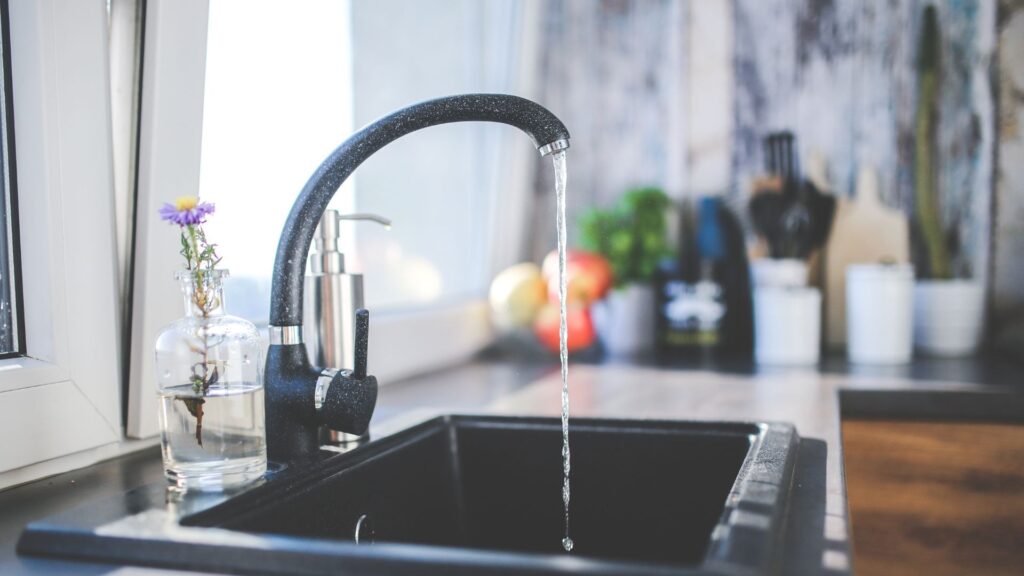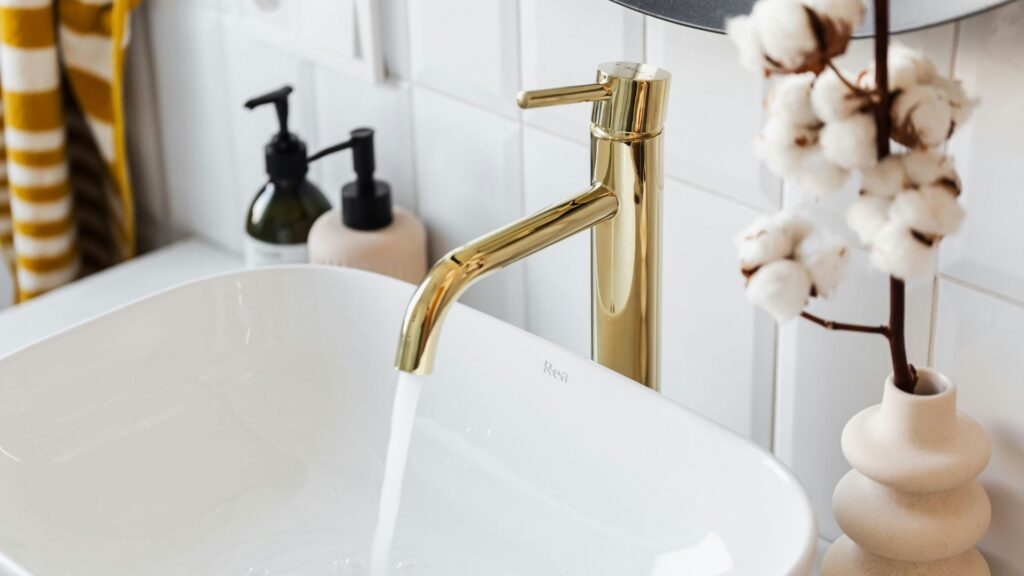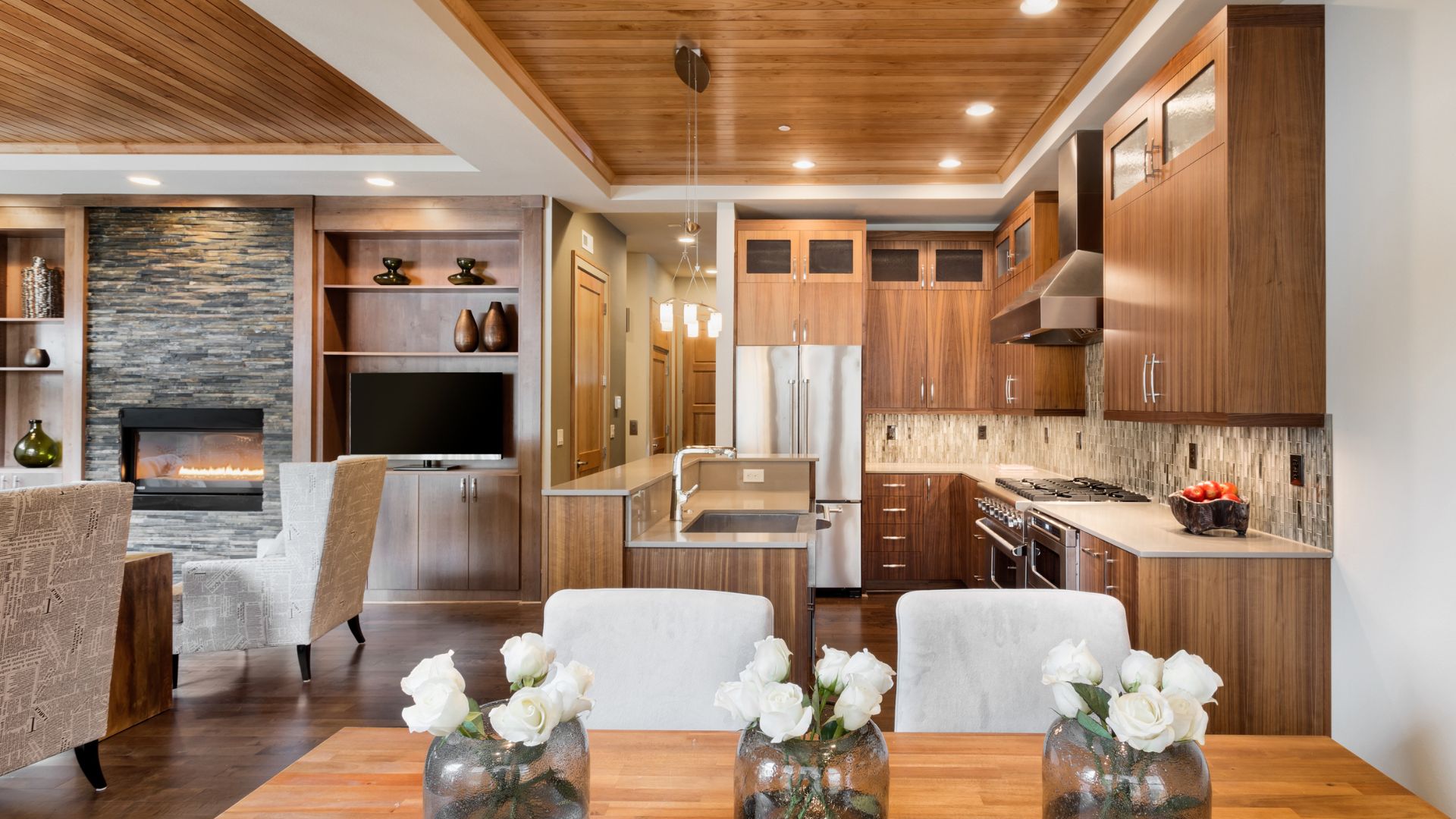Rhode Island homeowners and designers are embracing sustainable materials in home design to reduce environmental impact, enhance health, and increase property value. This article highlights key eco-friendly building components, examines how water conservation shapes modern renovations, explores environmental and economic benefits, outlines practical implementation steps, and directs residents to local resources and experts. By weaving in water-efficient sprinkler systems and smart irrigation services from professional lawn sprinkler specialists, readers will see how green building and landscape solutions converge for truly sustainable Rhode Island homes.
What Are the Key Sustainable Materials Transforming Rhode Island Home Design?
Sustainable materials for home design are eco-friendly components that reduce resource depletion, limit pollution, and support healthier indoor environments. By choosing products made from recycled content, rapidly renewable resources, and low-toxicity materials, homeowners can achieve modern comfort without compromising their ecological values. For example, installing recycled-glass countertops and bamboo flooring demonstrates innovation and durability in local projects while cutting carbon footprints.
Key Sustainable Materials
Sustainable building materials, such as those made from recycled or renewable resources, can reduce the negative environmental impact of construction projects. These materials often have lower embodied energy and can improve energy efficiency, leading to long-term cost savings and healthier indoor environments.
Which recycled and rapidly renewable materials are popular in Rhode Island?
| Material | Source | Benefit |
| Reclaimed Wood | Deconstructed barns | Preserves timber, reduces landfill waste |
| Recycled Glass Countertops | Post-consumer bottle glass | Lowers energy use, adds vibrant color |
| Bamboo Flooring | Moso bamboo plantations | Fast growth cycle, high hardness rating |
Each option blends performance with sustainability, setting the stage for healthier interiors and guiding readers into the role of paints and finishes in eco-friendly design.
How do low-VOC paints and finishes improve eco-friendly homes?
Low VOC paints and finishes minimize indoor air pollution by releasing fewer volatile organic compounds during and after application. These coatings promote healthier indoor air, reduce off-gassing odors, and help occupants breathe easier. Selecting certified low-VOC formulas also aligns with green building standards and supports long-term indoor environmental quality, which naturally leads to why locally sourced wood matters for regional projects.
Why is locally sourced sustainable wood important for Rhode Island homes?
Locally sourced sustainable wood, such as FSC-certified pine or oak from New England forests, cuts transportation emissions and supports regional forestry management. This timber delivers warmth, structural strength, and a unique sense of place while contributing to local economies. Using wood milled within Rhode Island reinforces community resilience and transitions seamlessly into water conservation strategies that complement material choices.
How Does Water Conservation Influence Sustainable Home Design in Rhode Island?

Water conservation shapes sustainable home design by reducing potable water demand, lowering utility costs, and preserving fragile freshwater systems. Incorporating efficient plumbing fixtures, rainwater collection, and smart irrigation creates a balanced water cycle for indoor and outdoor spaces. Emphasizing water management ensures that material gains in sustainability are matched by responsible landscaping and irrigation practices.
What role do smart irrigation systems play in reducing water use?
Smart irrigation systems automate landscape watering through weather-based scheduling and soil moisture sensing, cutting outdoor water consumption by up to 50 percent. These controllers adjust runtime based on rainfall forecasts and plant needs, preventing overwatering and runoff. Professional lawn sprinkler specialists install and maintain these systems to ensure peak efficiency and integrate seamlessly with green building goals.
Smart Irrigation Systems and Water Conservation
Smart irrigation systems use real-time data and automation to optimize water usage, ensuring plants receive the right amount of water. These systems can reduce water use by 30–50% by adjusting watering schedules based on weather and plant needs, preventing overwatering and runoff.
How can rainwater harvesting systems benefit Rhode Island homeowners?

Rainwater harvesting captures roof runoff in storage tanks for later use in irrigation and non-potable applications. This approach reduces dependence on municipal water supplies, lowers bills, and eases pressure on storm drains. By funneling collected water through simple filtration, residents can maintain lush gardens without tapping into treated water, which naturally leads to drought-tolerant plant selection.
Rainwater Harvesting Benefits
Rainwater harvesting reduces dependence on municipal water supplies, lowers utility bills, and eases pressure on storm drains. Rainwater can be used for irrigation and non-potable applications, reducing the need for treated water and supporting drought-tolerant landscaping.
Why is drought-tolerant landscaping essential for sustainable outdoor design?
Drought-tolerant landscaping uses native and adapted plant species that thrive with minimal supplemental irrigation. Examples include seaside goldenrod, switchgrass, and low-water perennials that support local pollinators and require less maintenance. Pairing these plantings with efficient sprinkler systems completes a water-wise exterior design that stands up to seasonal fluctuations.
What Are the Environmental and Economic Benefits of Sustainable Materials in Rhode Island Homes?
Sustainable materials reduce waste and energy usage while fostering healthy indoor environments and long-term savings. By choosing low-impact products, residents contribute to cleaner air and lower greenhouse gas emissions. Over time, these choices translate into tangible cost reductions and higher resale values, reinforcing the value proposition of green renovations.
How do sustainable materials reduce environmental impact and improve indoor air quality?
Recycled and low-VOC materials lower embodied energy and cut pollutant emissions during manufacturing and installation. For instance, formaldehyde-free cabinetry and water-based finishes minimize toxic off-gassing, leading to better respiratory health. Such material selections also support regional waste diversion programs and reduce the carbon intensity of construction.
What cost savings and property value increases can homeowners expect?
Homeowners typically see utility bill reductions of 10–20 percent by upgrading to energy-efficient windows, insulation, and water-saving fixtures. Green certified projects often command 3–5 percent higher sale prices, reflecting buyer demand for sustainable features. These financial gains demonstrate that eco-friendly investments pay dividends while boosting market competitiveness in Rhode Island.
How Can Rhode Island Homeowners Implement Sustainable Materials and Practices?
Implementing sustainable materials and water-wise practices begins with informed planning and professional support. By following a clear selection process and engaging qualified contractors, residents can ensure eco-friendly upgrades meet performance goals and local building codes. Coordination of material sourcing and landscape management lays the groundwork for a cohesive green home.
What are the top steps to choose and install sustainable building materials?
- Research material certifications and life-cycle assessments to confirm eco-credentials.
- Compare local suppliers for recycled, rapidly renewable, and low-toxicity products.
- Coordinate deliveries and storage to prevent damage and waste on site.
- Hire licensed installers familiar with green building techniques for proper assembly.
Completing these steps ensures quality installations and transitions smoothly into efficient irrigation integration.
How to integrate smart irrigation and water-efficient landscaping effectively?
- Conduct a landscape water audit to identify high-use zones and plant requirements.
- Select compatible sprinkler zones and drip-irrigation kits with smart controllers.
- Schedule seasonal controller adjustments to match plant dormancy and growth cycles.
- Partner with professional lawn sprinkler specialists for system calibration and maintenance.
This coordinated approach merges material sustainability with water conservation for resilient outdoor spaces.
Where Can Rhode Island Residents Find Local Resources and Experts for Sustainable Home Design?
Accessing regional organizations and service providers accelerates green building success by tapping into specialized knowledge and incentives. Local partnerships ensure compliance with state regulations and maximize environmental impact, guiding homeowners from concept to completion.
Which organizations and green building councils support sustainable design in Rhode Island?
- Rhode Island Green Building Coalition: Offers training, events, and certification guidance.
- EPA WaterSense® Rhode Island Programs: Provides rebates and educational materials on water efficiency.
- RI Office of Energy Resources: Manages energy-efficient building incentives and grants.
Rhode Island Resources
The Rhode Island Office of Energy Resources (OER) offers incentives and programs to support energy efficiency and sustainable building practices. The EPA’s WaterSense program provides resources and certifications for water-efficient products and services. The Rhode Island Green Building Coalition offers training and guidance on green building practices.
How to connect with sustainable architects, designers, and suppliers in Rhode Island?
Homeowners can explore sustainable design partners by visiting RISE Interiors’ services to identify complementary expertise in eco-friendly finishes and layouts. Engaging local green building firms and certified sustainable product vendors ensures cohesive material and irrigation solutions. For specialized irrigation installation and maintenance, professional lawn sprinkler teams offer tailored support to complete an integrated, sustainable home design.

